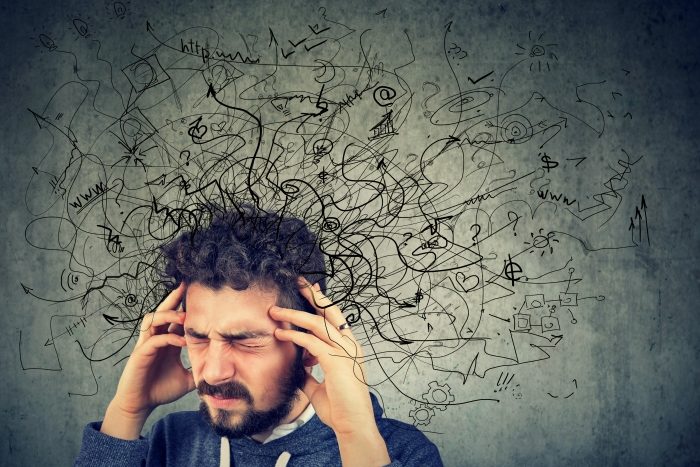Mental Health
Concepts in mental health
Mental health is a state of mental well-being that enables people to cope with the stresses of life, realize their abilities, learn well and work well, and contribute to their community. It is an integral component of health and well-being that underpins our individual and collective abilities to make decisions, build relationships and shape the world we live in. Mental health is a basic human right. And it is crucial to personal, community and socio-economic development.
Mental health is more than the absence of mental disorders. It exists on a complex continuum, which is experienced differently from one person to the next, with varying degrees of difficulty and distress and potentially very different social and clinical outcomes.
Mental health conditions include mental disorders and psychosocial disabilities as well as other mental states associated with significant distress, impairment in functioning, or risk of self-harm. People with mental health conditions are more likely to experience lower levels of mental well-being, but this is not always or necessarily the case.


Determinants of mental health
Throughout our lives, multiple individual, social and structural determinants may combine to protect or undermine our mental health and shift our position on the mental health continuum.
Individual psychological and biological factors such as emotional skills, substance use and genetics can make people more vulnerable to mental health problems.
Exposure to unfavorable social, economic, geopolitical and environmental circumstances – including poverty, violence, inequality and environmental deprivation – also increases people’s risk of experiencing mental health conditions.
Risks can manifest themselves at all stages of life, but those that occur during developmentally sensitive periods, especially early childhood, are particularly detrimental. For example, harsh parenting and physical punishment is known to undermine child health and bullying is a leading risk factor for mental health conditions.
Protective factors similarly occur throughout our lives and serve to strengthen resilience. They include our individual social and emotional skills and attributes as well as positive social interactions, quality education, decent work, safe neighborhoods and community cohesion, among others.
Mental health risks and protective factors can be found in society at different scales. Local threats heighten risk for individuals, families and communities. Global threats heighten risk for whole populations and include economic downturns, disease outbreaks, humanitarian emergencies and forced displacement and the growing climate crisis.
Each single risk and protective factor has only limited predictive strength. Most people do not develop a mental health condition despite exposure to a risk factor and many people with no known risk factor still develop a mental health condition. Nonetheless, the interacting determinants of mental health serve to enhance or undermine mental health.

Mental health promotion and prevention
Promotion and prevention interventions work by identifying the individual, social and structural determinants of mental health, and then intervening to reduce risks, build resilience and establish supportive environments for mental health. Interventions can be designed for individuals, specific groups or whole populations.

Reshaping the determinants of mental health often requires action beyond the health sector and so promotion and prevention programs should involve the education, labor, justice, transport, and environment, housing, and welfare sectors. The health sector can contribute significantly by embedding promotion and prevention efforts within health services; and by advocating, initiating and, where appropriate, facilitating multi-sectoral collaboration and coordination.
Suicide prevention is a global priority and included in the Sustainable Development Goals. Much progress can be achieved by limiting access to means, responsible media reporting, social and emotional learn.
